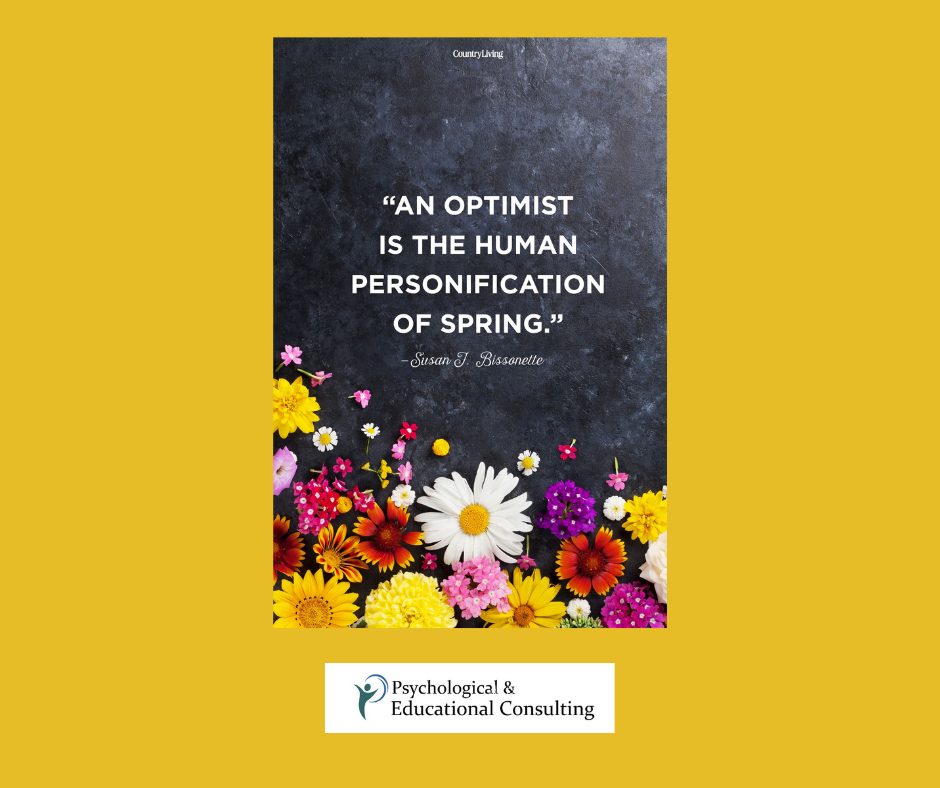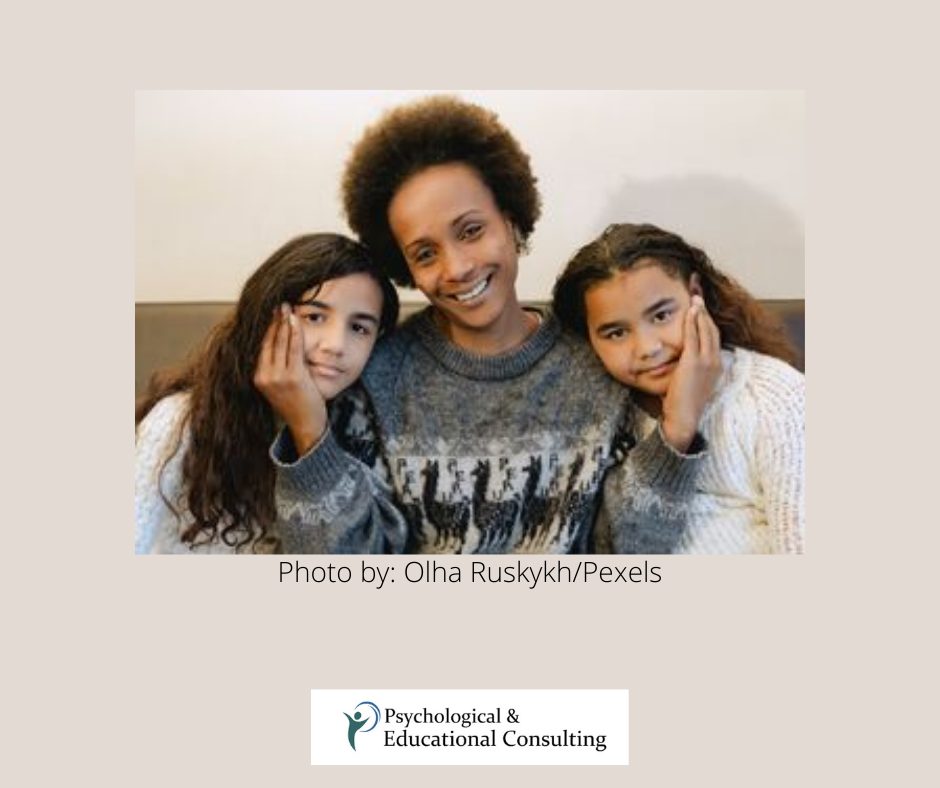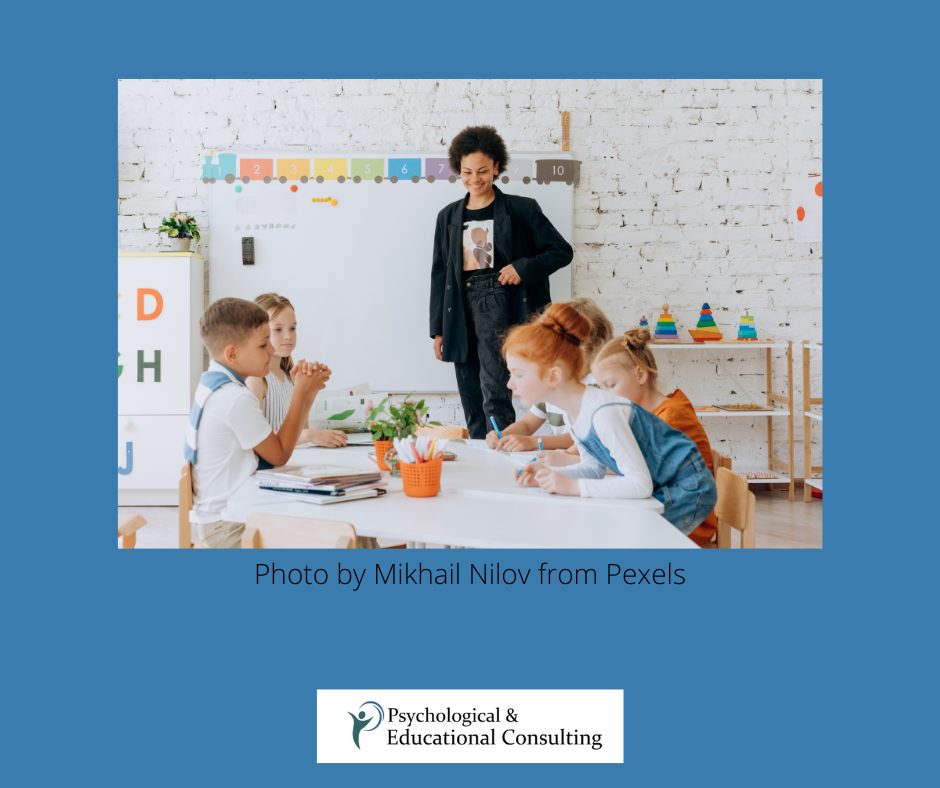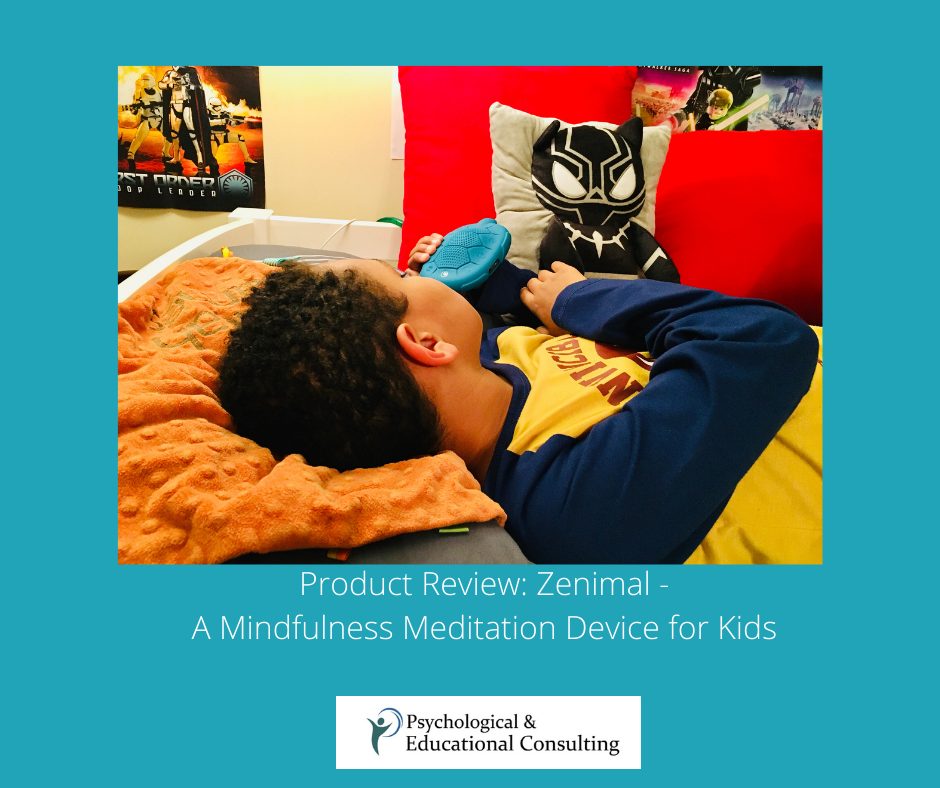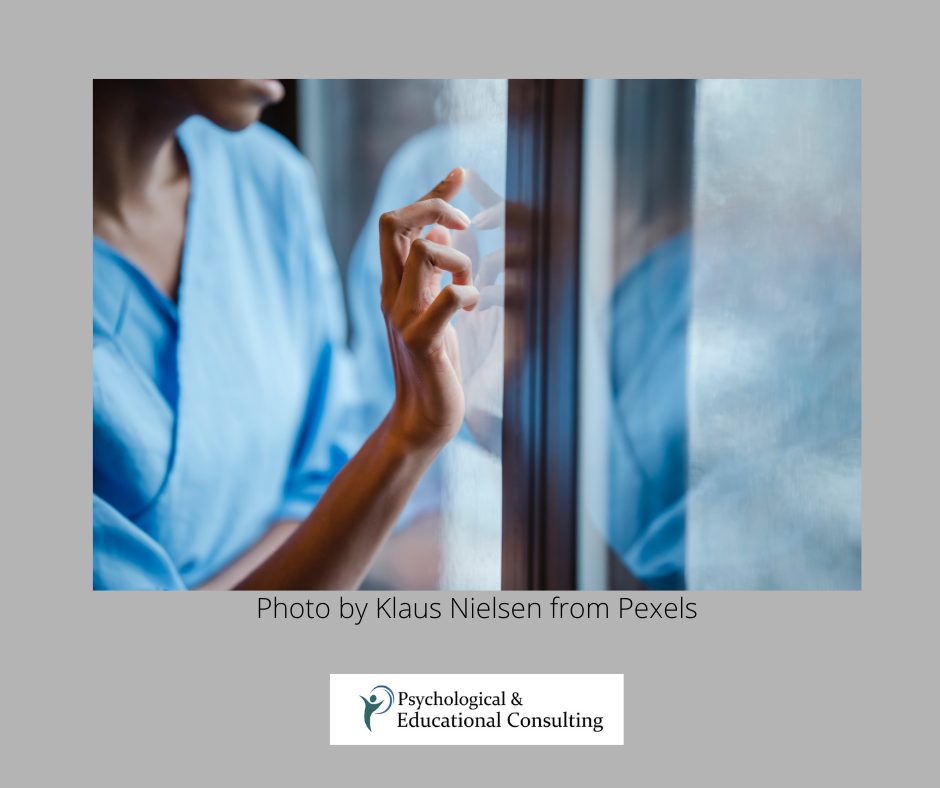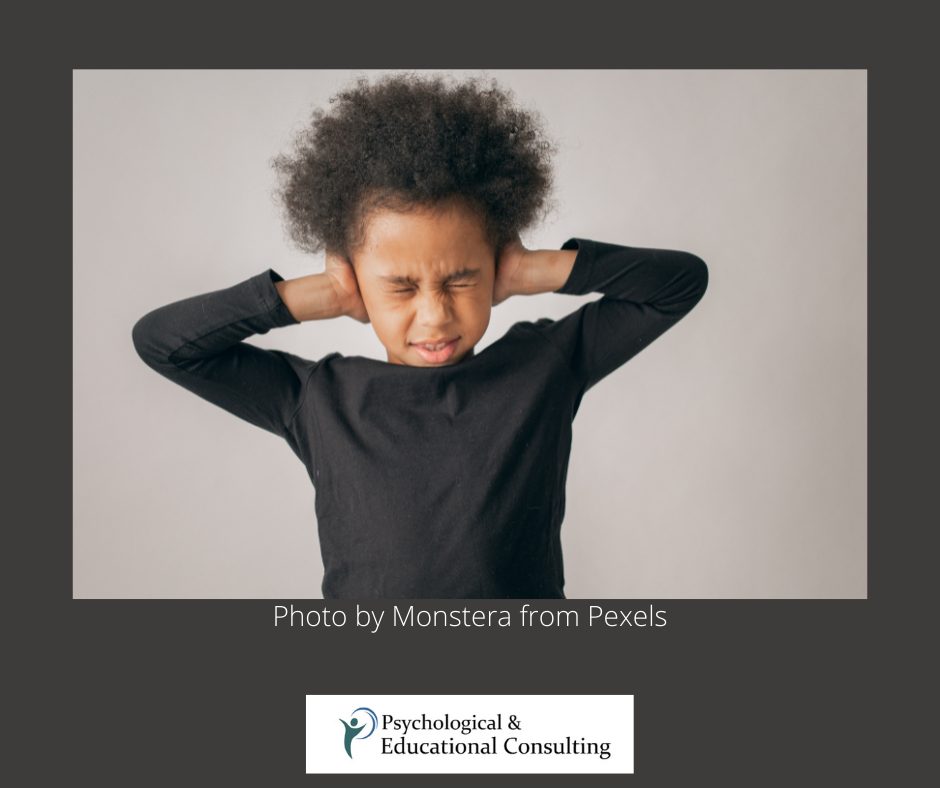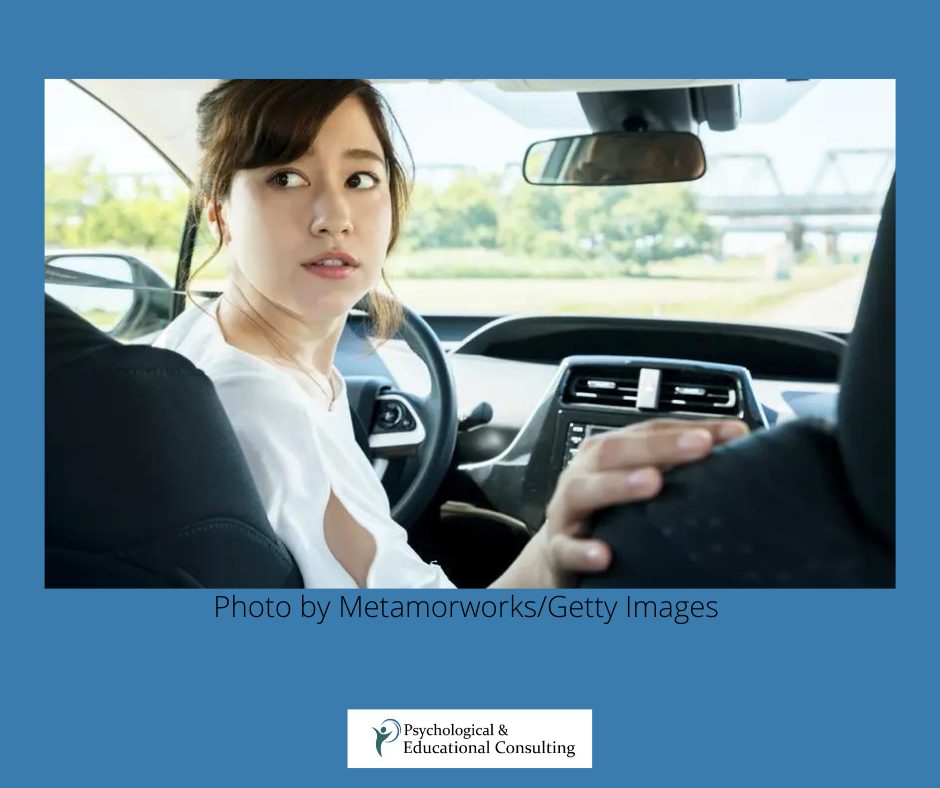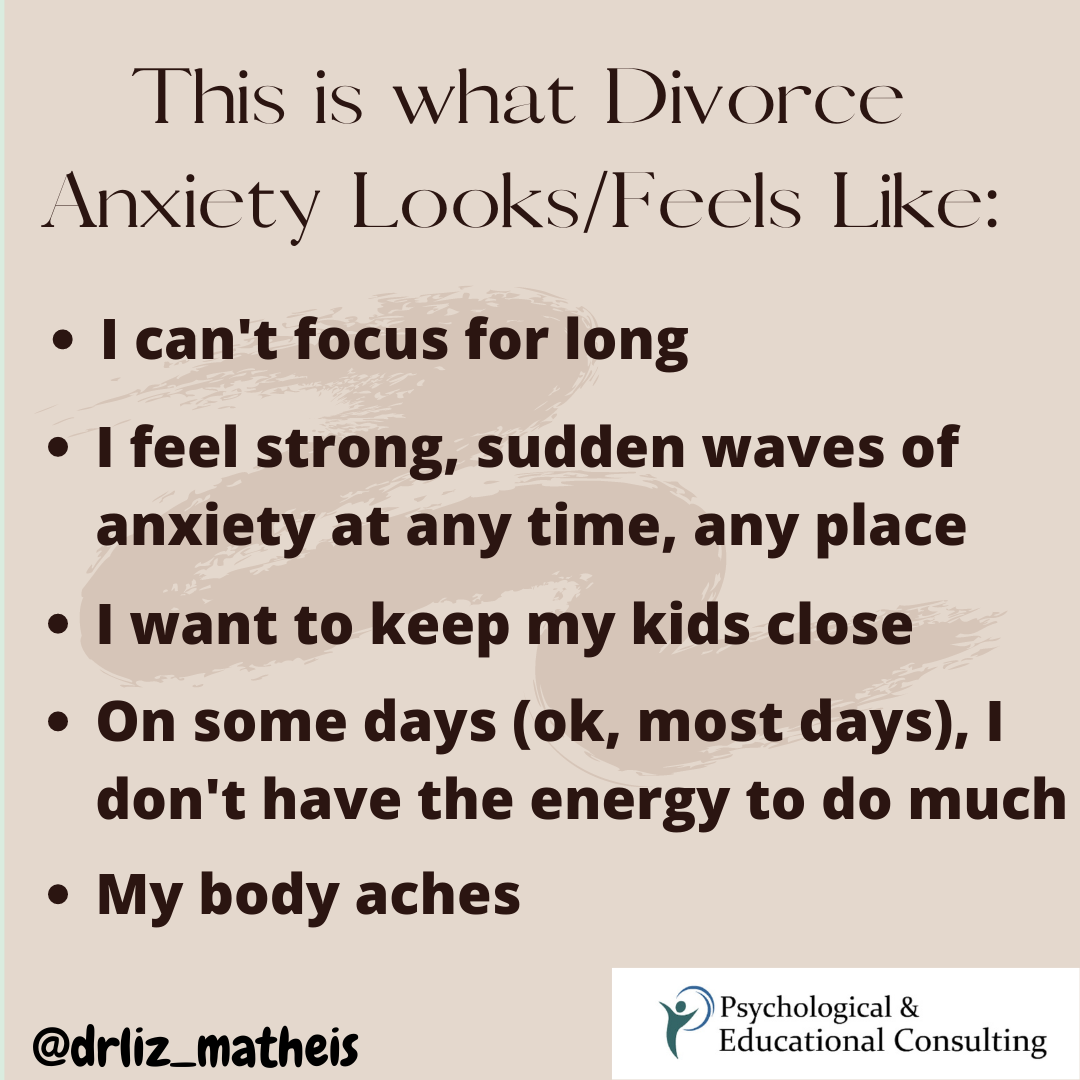Anxiety
I’m Not Raising a Wilting Flower
I’m Not Raising a Wilting Flower: How to Build Children’s Resilience in the Midst of a Pandemic
written by Dr. Liz Matheis, published on psychology today
This pandemic has challenged every single one of us. Children, teens, adults: we all have had to balance an extra set of life demands that have been outside the scope of any other life experience we have had thus far. I often pose a question to help us realize that we don’t have a former life experience to reference right now: “How many pandemics have we lived through? Just one and, hopefully, only one!”
As a mom and a psychologist, I have watched my own children and others collectively struggle with isolation, loneliness, anxiety, academics, and reintegrating into a world that is slowly opening back up. We know that adolescents are very self-focused and believe they are on display on their imaginary stage where everyone is watching (aka the imaginary audience). Add the computer camera, masks, and social distancing, and we have a lot of confusion, stagnation in the development of skills, anxiety, and depression.
Adolescence is already a period of intense growth, identity building, and emotional chaos as it is. Add a pandemic into the mix, and that is a lot of intense emotion to process on top of the usual “stuff.” It’s a lot more to unravel and work through alongside the “regular” milestones to develop.
So how do we, as parents, build children who can use this experience to develop a sense of self and strength? How do we raise children who are not going to fall apart when presented with a challenge? How are we going to grow children who can face stress and use it to find their inner strength? Resilience isn’t born; it’s bred. As parents, we can play a role in building resilient children who aren’t going to break down each time they are faced with a life stressor, big or small.
The Great Unmasking
The Great Unmasking
by Dr. Liz Matheis
As a mother and psychologist, I have actively been a part of the incredibly damaging impact of masks and virtual learning. The number of our children, teens and young adults who have been and continue to suffer is immense and heartbreaking. Our children have been living in an upside-down world with significant change for a prolonged period of time and the negative effects are loud and clear right now.
In speaking with and working with many teens during this pandemic, I have heard the following about their experience with school:
- Everyday feels the same
- It’s horrible
- It’s boring
- I have headaches from staring at my computer all day
- I didn’t even change my clothes. I was in pajamas all day
- I am distracted
- I’m not listening to any lesson or discussion
- It’s really easy to tune out and nobody will know
- In the classroom, if I lose focus, my teacher will notice
- There is no accountability when I’m home
- I’m not seeing friends
- I’m not talking to friends
- I’m sad because I can’t see my friends
- There’s no spontaneity
- I miss spontaneous gatherings and plans
- I missed my graduation
- I missed my prom
- I missed my field trips
- I missed having my birthday party
These are some big thoughts from our children who are begging for the return of our pre-pandemic life. Our children are feeling anxious, depressed, socially anxious and awkward more so than ever. Their attention and focus are poor, and their study skills are almost non-existent. We have had to start from the beginning as of September 2021. One and a half years of lost instruction, lost skills, lost interactions and lost spontaneity of life.
Keep Schools Open
Please, keep the doors open to our schools. As much as is humanly possible, avoid virtual learning. It’s creating flashbacks, sadness and anxiety that started in 2020 and continues to haunt us now. Keep kids in school so they can sit in the classroom, receive instruction face to face, walk through the school halls, and scurry when the bell rings.
Keep the Masks Off!
I’m speaking from a focus on mental health. Masks don’t allow us to see each other’s gentle eye expressions and squints that match a scrunchy nose and smiling mouth. We can’t see each other’s pout, anger, contentment, sadness, or whatever may come. Our kids can’t see their teacher’s facial expressions either which is a huge part of academic instruction. When a teacher is excited about a topic, the body language and matching facial expressions are remembered strongly and make an impact on learning.
Within the classroom, teachers can’t always tell who is speaking or what is being said because they can’t see each other’s mouths while we speak. There is a disconnect between our eyes and ears in that a great deal of conversation is matching the words that are coming out of another person’s mouth with the sound of them. We are missing big chunks of information that is a natural part of our give and take interactions between humans.
Our children also need to sit next to each other, whisper secrets, sit in huddles, walk side by side. Our kids need that closeness and sensory feedback to maintain their emotional well-being. So much of that has been taken away and it’s starting to show.
Put Away the Computers
Please, no more learning through computers. Turn them off as much as possible. Revert back to pencil and paper. Write on the board or the smartboard. Work on projects in groups. Create posterboard or PowerPoint presentations. But, please, shut it down and allow the interactions to be more human based. More conversation, discussion, sharing ideas and experiences. Close the laptop and look at each other.
Virtual learning doesn’t work. I know this firsthand. My 9-year-old (now in 3rd grade) could, in theory, return to first grade because this hasn’t worked. Google forms and uploading documents isn’t education. It’s unnatural. My 13-year-old doesn’t know how to study for a test. My 15-year-old is finally learning how to manage the multiple moving parts of being in high school.
The other thing that has happened is our children have forgotten how to take notes, study for tests, and keep track of their assignments. Their executive functioning skills haven’t been developed.
To no fault of anyone anywhere, pandemic learning hasn’t been effective. Our children will benefit academically, emotionally, socially and behaviorally if they can be in school, without masks and without computers.
Practicing Attunement
Product Review: Zenimal for Mindfulness
Product Review: Zenimal for Mindfulness
by Deborah Tiel Millard
I began my search for a unique way to develop mindfulness, when my 11-year-old son was struggling to regulate big emotions and settle himself to go to sleep at night. My goal is similar to that of most parents, to see my son become independent and capable of self-regulation.
I was looking for a screen-less option, as I wanted something to help develop regulation and self-calming before bed. This ruled out all the great apps for devices like phones or tablets. This search led me to Zenimal.
A Zenimal is a screen-free device that assists children with developing mindfulness through nine mediations. The nine meditations cover the following areas: sleep, gratitude, stillness, breath, creativity, relaxation, empathy, feelings and warmth (healing). The device also offers three options for white noise to soothe and help a child fall asleep and stay asleep.
I did my research and went ahead and ordered one. My son thought the unboxing experience was pretty cool and the turtle-shaped device was cute. We plugged it in and read about the options. That night he chose the sleep meditation and fell right to sleep. Ever since, my son has been using his turtle at night either through the sleep meditation or one of the white noise settings to help him sleep.
As a Mom, I love many of the features that Zenimal offers. The device can be plugged in and white noise played all night, or left unplugged, it will play for an hour. It is cute and cleverly designed. It’s easy to find the buttons by feeling in the dark. I also really appreciate the many meditation options and I’ve used several of them myself. Speaking of that, there is also an option for adults! You can even purchase additional meditation cartridges.
I have been really impressed with Zenimal both for my son and myself. I may just go ahead and order one for myself, so I don’t keep stealing his!
Anxiety Doesn’t Always Look the Same
Anxiety Doesn’t Always Look the Same
written by Dr. Liz Matheis posted on Psychology Today
When we think of anxiety or a person who is anxious, we may think of someone panicking, hyperventilating, or crying. That can be the experience of anxiety, but it’s not always that obvious for children, adolescents, or young adults. Anxiety is an internal physiological and cognitive experience that can be all-consuming and consistent. There are days when anxiety is stronger and there are days when anxiety is quieter. There are times when anxiety is triggered by a scent or a thought, and sometimes, it can be triggered by seemingly nothing at all.
The Silent Side of Anxiety
Anxiety can be an invisible disability in that it can’t be seen. It is often very difficult to look at a person and accurately assess their experience of anxiety and its intensity. It is an internal experience that can be easily misinterpreted as aloofness or disinterest. In fact, people with anxiety are not aloof or disinterested at all. Instead, they often want to be accepted and part of the group. They want to be present but are often worried about:
- How others feel around them
- If they have contributed to negative feelings in the social situation they’re in
- If they can maintain a conversation well
- If they are being judged
- Where the exits are
- Their safety and the safety of others
- What to do with their hands
- How to position their body
- Where to stand
- When to speak and when to stop speaking
Why Kids’ Anxiety Is at an All-Time High
Why Kids’ Anxiety Is at an All-Time High
written by Dr. Liz Matheis, published on Psychology Today
Here we are, one year and 8 months after the start of the pandemic, still battling its effects, and we are exhausted and overwhelmed. Our children, teens, and young adults continue to hear about new variants of the virus, which makes us believe that this is not over yet.
Adults, parents, and children everywhere are struggling with heightened levels of anxiety and as mental health professionals, there is more need than there is supply. We are seeing the anxiety across the lifespan. Isolation has led to feelings of anxiety and ultimately sadness as there seems to be a little end in sight.
What about the COVID-19 pandemic has created such heightened levels of anxiety for so many of our children?
Behavior Triggers
Teens & Driver Anxiety
Experts tell us their tips for teens with driving anxiety
by Lena Borrelli, published on bankrate.com
you would expect. It is not alcohol or drugs, or even crime that is responsible for about 300,000 emergency room visits each year. The leading cause of death for U.S. teens is a motor vehicle accident, according to the Centers for Disease Control and Prevention (CDC). Every day, six teens between the ages of 16 and 19 years old die from crash crashes.
Research also shows that teen driver anxiety could be to blame.
Driver anxiety is a common affliction for many Americans today, but it can be incredibly hard-hitting for teens who have little experience to fall back on. Navigating America’s chaotic roadways is difficult enough for the mature driver, but it can be downright terrifying for teens.
Driver anxiety is a specialized form of anxiety marked by periods of discomfort and stress, with symptoms varying in severity. Some signs, like an extreme panic attack, could pose a significant risk of injury to both you and the drivers around you. Some people may avoid driving altogether to avoid these negative feelings and, quite possibly, a negative outcome while behind the wheel.
We look to the experts to see best practices for living with and overcoming teen driver anxiety on the road.

